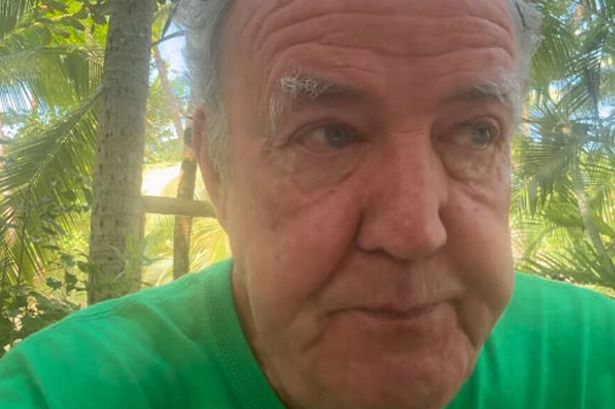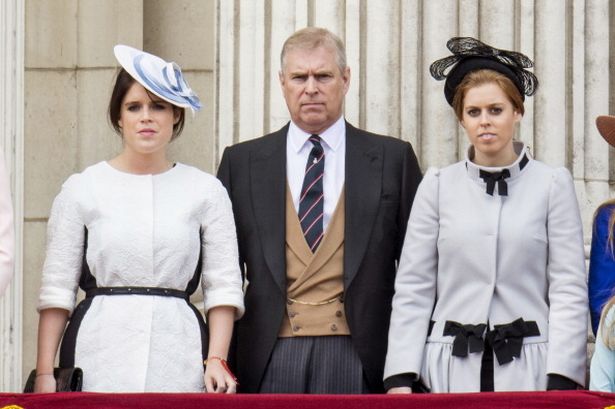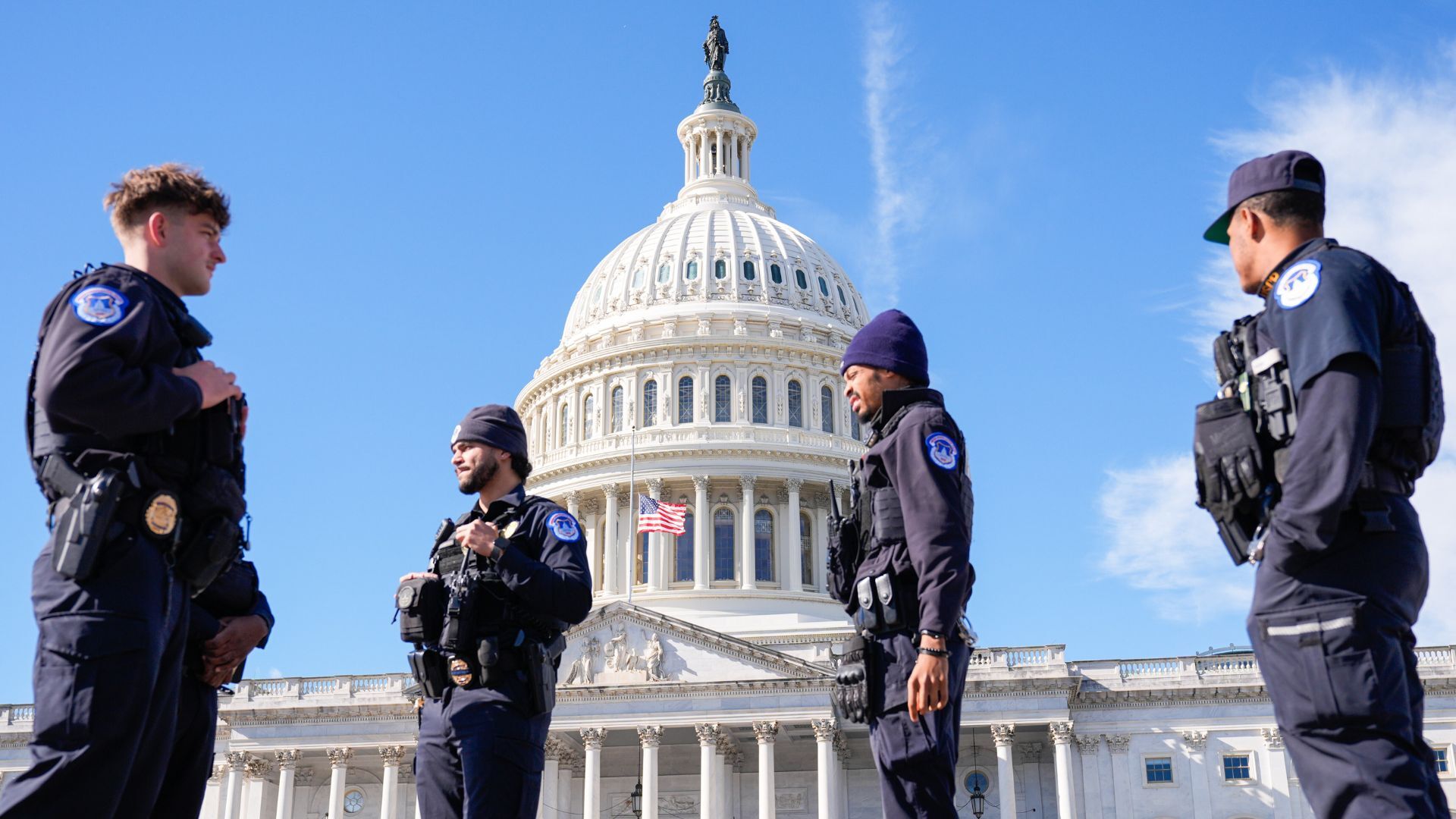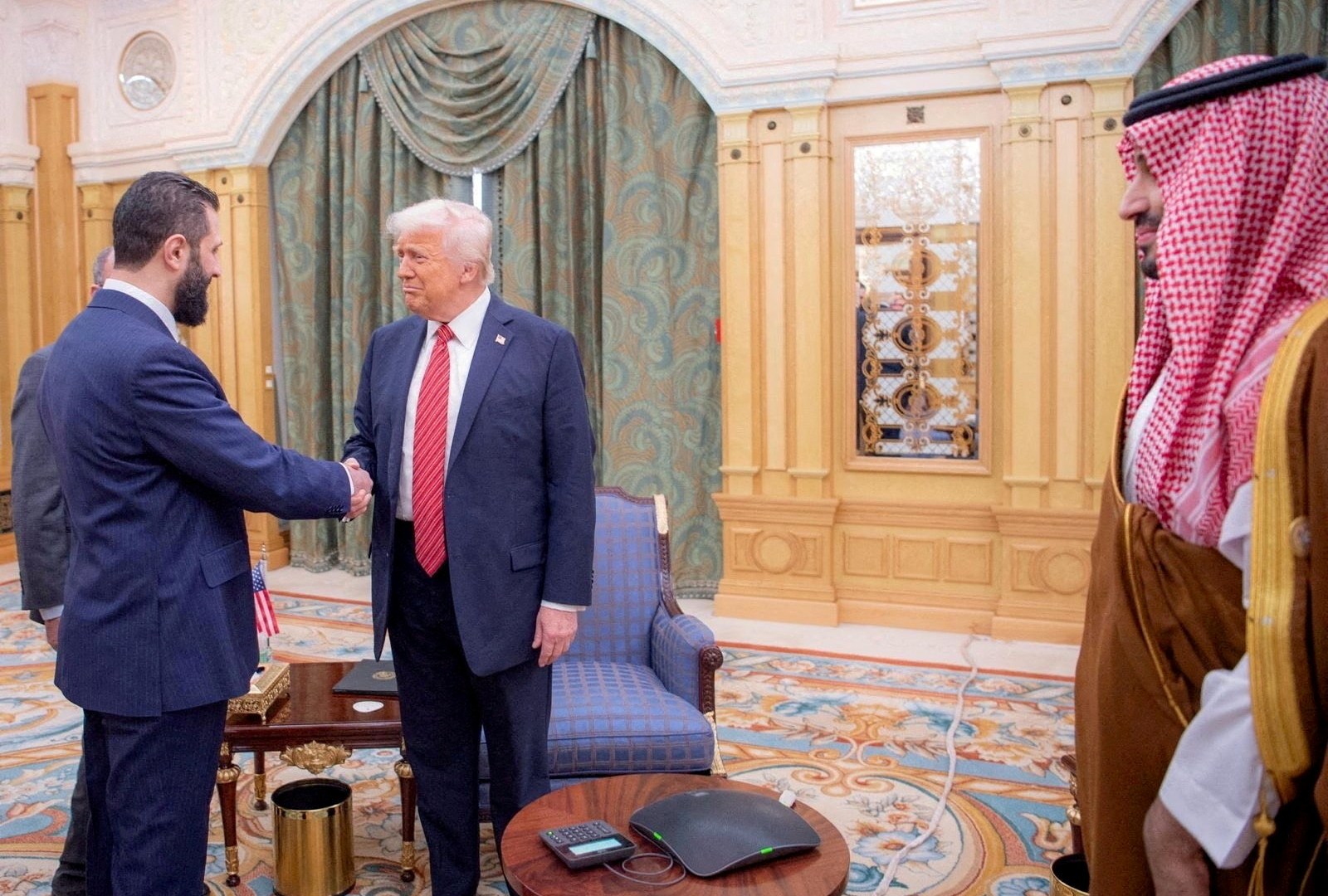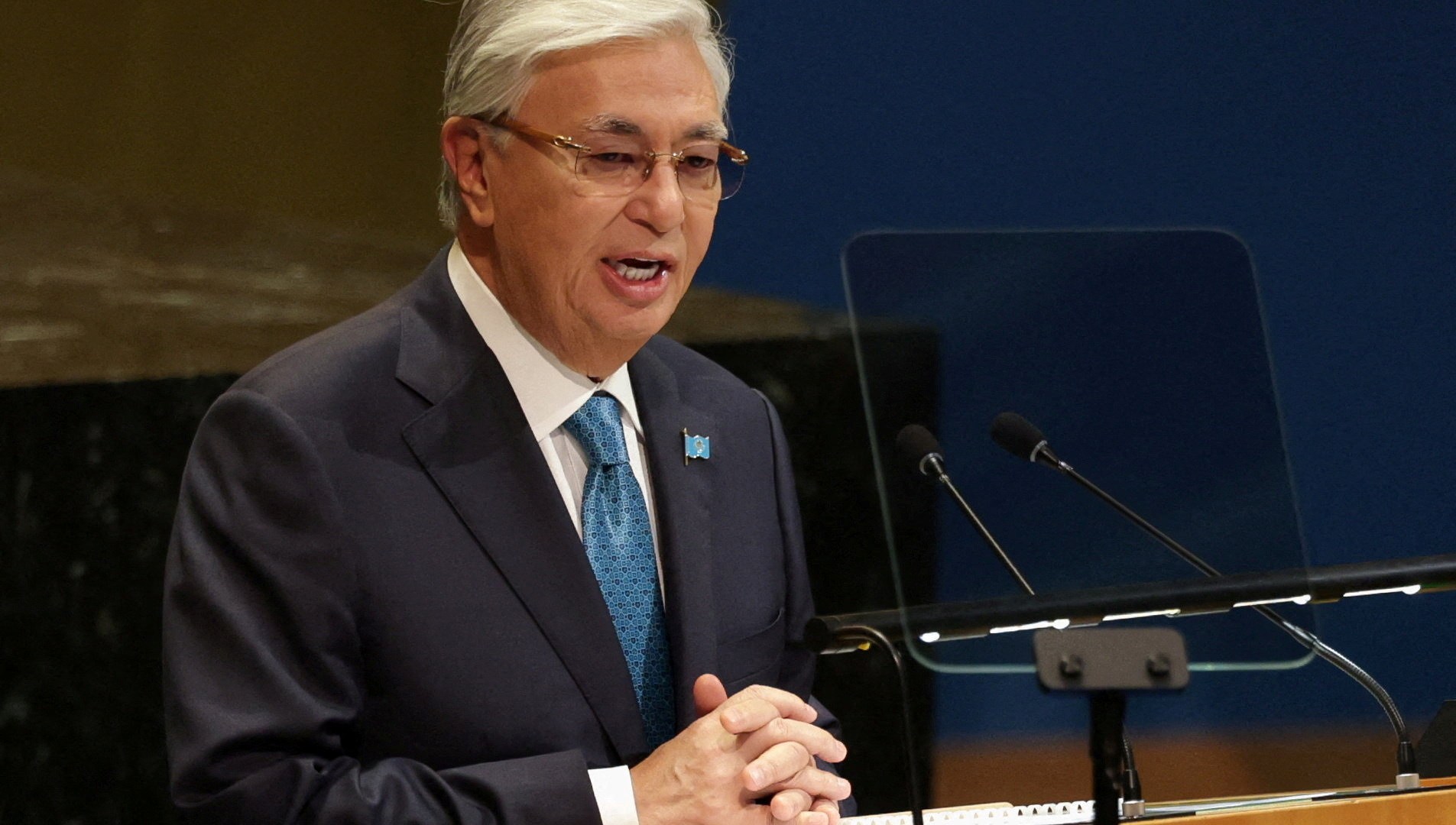- 21 Comments
Filling the boots of Eberechi Eze was never going to be easy.
The England midfielder departed Crystal Palace for a new challenge at Arsenal this summer with 40 goals and 28 assists across 169 appearances in all competitions under his belt – including a historic goal at Wembley in the FA Cup to seal Palace a first major trophy.
But Senegal forward Ismaila Sarr has more than risen to the task of filling the void left by Eze with eight goals in 15 games this season.
His double on Thursday helped the Eagles to a 3-1 victory over Dutch side AZ Alkmaar – a first win in the Conference League on home soil – and underlined their credentials as one of the favourites for the title.
But it was not just the two goals that made Sarr the main talking point.
The 27-year-old was a constant threat going forward with his pace, touch, clever runs and link-up play with forward Jean-Philippe Mateta.
He hit the post in the early exchanges of the match before winning a penalty when goalkeeper Rome-Jayden Owusu-Oduro brought him down in the box, although Mateta ultimately missed the spot-kick.
Sarr then saw his header brilliantly saved before nipping in to bundle the ball over the line just before half-time then adding his second and Palace’s third of the night when Mateta teed him up to charge through and slot home.
“Sarr is in hot form,” said former Palace defender Joel Ward on TNT Sports.
“He adds so much to the team and, when there is space for him to attack and the ball is played in front of him, he is someone not many people can stand with and keep up with. He showed great composure throughout the game as well.
‘Important’ Sarr makes difference in first European home win
Sarr has four goals in his past three appearances and is already close to matching his tally from last season – 12 goals across all competitions.
Palace signed Sarr from Marseille for a fee of about £12.5m in 2024 in an attempt to replace winger Michael Olise, who had joined Bayern Munich that summer.
That is a piece of business that now looks incredibly shrewd, particularly with Eze also leaving the club this year.
Boss Oliver Glasner called the former Watford forward “an important player” for the club.
“It looks like he is dealing really well with this – we know when he has pace, he is really good,” the Austrian said.
“He has such great runs, such great finishes. I remember, more or less, the same finish he had against Brighton [last season].
“He had the same finish against Arsenal in the FA Cup [last season]. He is the one with the pace, and more runs in behind, the most sprinting difference. It helps he creates space for the others. He has done really well.”
The Conference League has been won by an English team in two of the past three tournaments and Palace are among the favourites to add their names to that list this term.
After a shock defeat by AEK Larnaca at Selhurst Park last time out, Glasner said the victory in front of their home supporters was much needed.
“I hope it won’t be the last,” he said.
Related topics
- Premier League
- Crystal Palace
- Football



